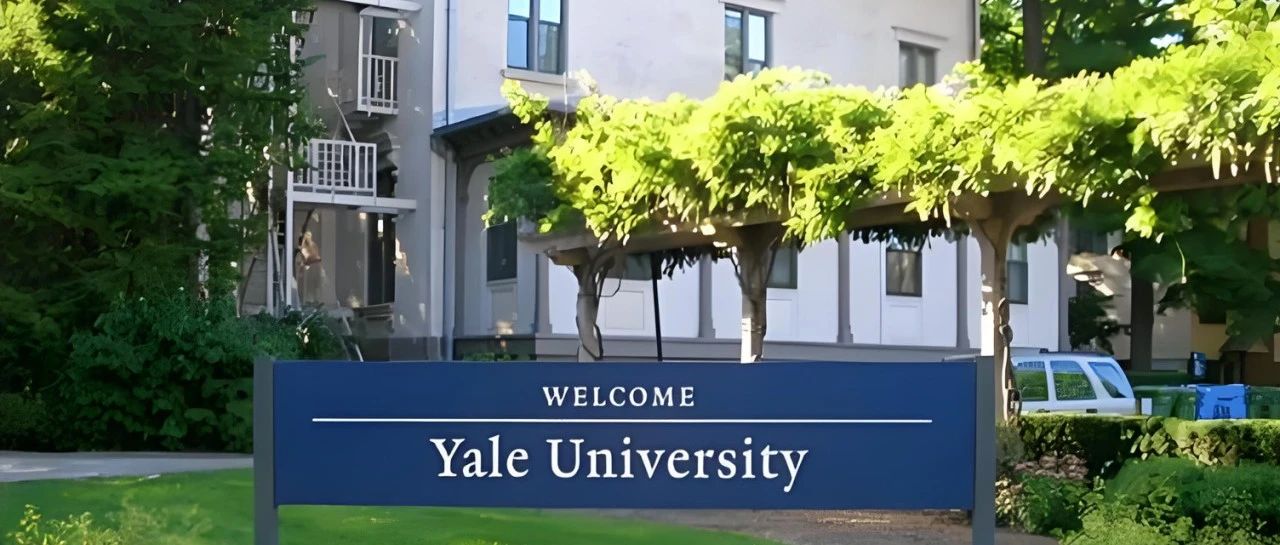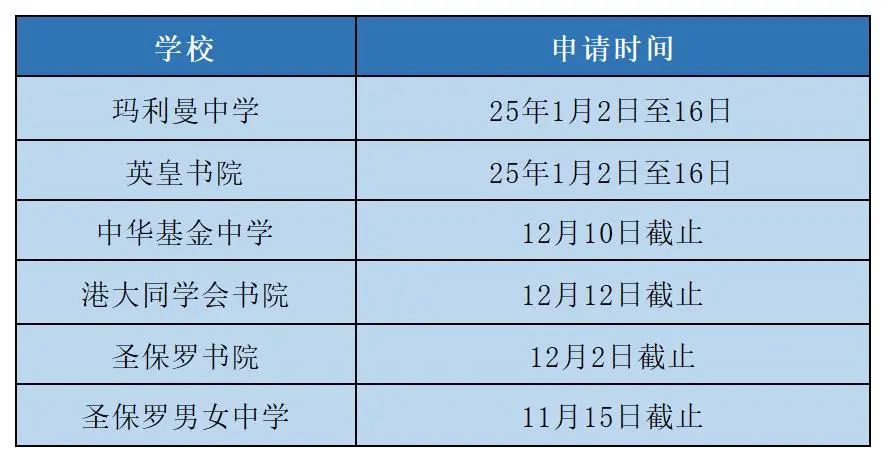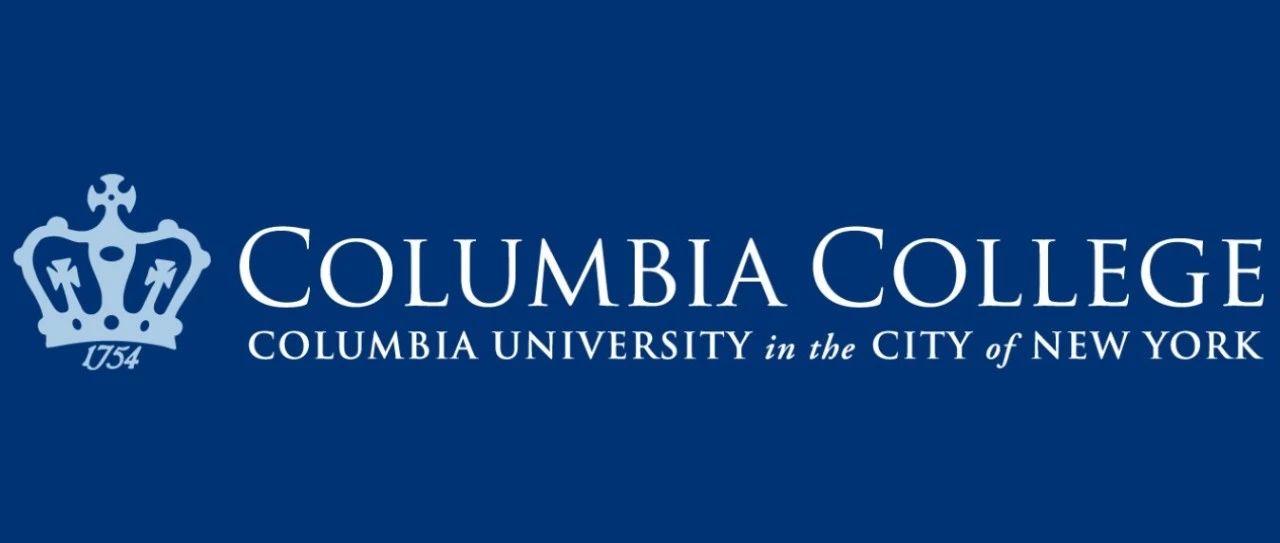随着秋叶的斑斓渐渐染红天际,TOC ASIA秋季联赛已悄然过半。在这个丰收的季节,我们迎来了一个激动人心的时刻——小学生辩论12月备稿辩题的发布,专为即将到来的Ice Cup和秋季冠军赛而设。
在此,我们将奉上由TOC ASIA学术总监Will教练精心准备的“Sample Case”,助力选手们迅速掌握辩题的核心,激发他们的思考,提升备赛效率。我们期待每一位辩手都能“吃透辩题,勤勉以赴”,因为只有深入理解辩题,才能在辩论中游刃有余,展现出最佳的自我。
01备稿辩题
Junior Debate
12月比赛场次
Junior Debate
Ice cup (线上赛)12/14-15
Fall championships(线上赛)12/28-29
12月备稿辩题
Junior Debate
R1
Humanity should cease space exploration.
R2
We prefer remote employment over traditional work environments.
R3
Teachers' salaries should be pegged to the academic and behavioral improvements in their students.
R4
We support the humanization of villains.
Infloslide: Humanizing is the act of portraying(someone) in a way that leads the audience to care about their personal struggles and motivations. For example: In Star Wars, it is revealed that Darth Vader turned to the dark side in the hopes that he would save his wife from certain death.
12月备稿辩题·使用规则
Junior Debate
在12月举办的小学生辩论赛中,如果预选赛轮数达到7轮或以上(如在Round Robin赛制中可能出现的情况),我们将依照顺序使用上述四个辩题进行比赛。若预选赛仅有5轮,那么第四个辩题将被安排在淘汰赛的第二轮中使用。
02Sample Case
Junior Debate
Coach Will
TOC ASIA演讲与辩论学术总监兼教练
来自美国弗吉尼亚州,自2006年开始从事演讲和辩论。高中期间参加原创演讲和即兴演讲演讲比赛,并赢得了多项地区和州的奖项。在大学里,Will转入辩论比赛,参加了3年的政策辩论。大四的时候从活跃的辩论中抽身参与奥巴马的总统竞选工作。
他主持了100多轮大学政策辩论,包括2015年CEDA全国锦标赛。自2015年以来,他在中国担任演讲和辩论教练,先后在杭州、成都和深圳工作并带领中国各地的演说家和辩论家参加世界各地的比赛。
Will的学生们在比赛中成绩优异,包括连续3年NSDA中国原创演讲全国亚军,在哈佛和斯坦福锦标赛以及在冠军赛淘汰赛中晋级,并获得2020年全国中学生辩论赛全国冠军。
Motion1:
Humanity should cease space exploration.
Sample Pro Case
1.Prioritizing Earth's Immediate Challenges
Humanity should cease space exploration to focus on solving urgent problems on Earth. Our planet faces significant challenges like poverty, disease, and environmental degradation that need our immediate attention and resources. For example, millions of people around the world lack access to clean drinking water, leading to preventable illnesses and deaths. Additionally, many communities suffer from inadequate healthcare and education systems. Instead of spending billions of dollars on space missions, we could invest in improving infrastructure, providing essential services, and addressing these critical issues that directly affect people's lives. By redirecting funds to Earth's needs, we can help millions of people right away. There is a high likelihood that this will enhance the quality of life worldwide because we understand these problems and have effective solutions ready to implement. Focusing on Earth's challenges can lead to immediate benefits, reducing suffering and promoting well-being for a large portion of the global population.
2.The Enormous Cost of Space Exploration
Space exploration is extremely costly, and the money could be better used to address pressing needs on Earth. Building spacecraft, training astronauts, and conducting missions require huge amounts of money that could support education, healthcare, or environmental conservation. For instance, the cost of one space mission could build numerous schools or hospitals, providing learning opportunities and medical care to those who need it most. Investing in education can empower future generations with knowledge and skills, leading to long-term social and economic benefits. By saving this money and reallocating it to essential services, we can improve education and healthcare for countless people in the near future. There is a strong chance that investing in these areas will help many people live better lives, fostering a more equitable and prosperous society. The immediate impact of such investments would be significant, addressing inequalities and enhancing the well-being of communities around the world.
3.Protecting Our Environment
We should stop space exploration to safeguard Earth's environment from further harm. Rocket launches produce pollution and can damage the atmosphere. When rockets are launched, they release harmful gases and particles that can deplete the ozone layer, which protects us from the sun's dangerous ultraviolet rays. Additionally, the manufacturing and testing of spacecraft consume vast amounts of resources and energy, contributing to environmental degradation. If we reduce the number of rocket launches, we can help keep the air clean and preserve the environment for everyone on Earth. There is a significant risk that continuing frequent launches will negatively affect the environment, with adverse effects that can happen soon and last for a long time. Protecting the environment is crucial for the health and survival of all living beings, and prioritizing Earth's ecological balance over space exploration can lead to a more sustainable future. By focusing on environmental conservation, we can mitigate climate change and preserve natural habitats, benefiting current and future generations.
Sample Con Case
1. Economic Growth
Continuing space exploration significantly boosts the economy by creating jobs and fostering new technologies. When countries invest in space programs, they need scientists, engineers, technicians, and many other professionals. For example, NASA’s Apollo program in the 1960s created thousands of jobs and led to the development of technologies like computers and satellite communications that we use every day. These advancements not only improve our daily lives but also open up new industries and business opportunities. The impact of this economic growth is substantial because millions of people can benefit from the new jobs and technologies created. The risk of not exploring space is that we might miss out on the next big technological breakthrough that could drive our economy forward. Additionally, the timeframe for these benefits is relatively short, as new technologies can be developed and commercialized within a few years. By continuing space exploration, we ensure a steady flow of innovations that keep our economy strong and competitive on a global scale.
2. Scientific Advancement
Space exploration leads to significant scientific discoveries that enhance our understanding of the universe and our place within it. Exploring space allows scientists to study planets, stars, and galaxies, providing insights into how the universe works and how it began. For instance, the Hubble Space Telescope has captured stunning images of distant galaxies, helping astronomers learn more about the formation and evolution of the universe. These discoveries not only satisfy human curiosity but also contribute to advancements in various scientific fields, such as physics, chemistry, and biology. The magnitude of this impact is vast, as it benefits scientists, educators, and students worldwide by expanding our collective knowledge. The risk of stopping space exploration is that we could lose the momentum of scientific discovery, delaying our understanding of critical issues like climate change and resource management on Earth. The timeframe for these scientific benefits is ongoing, with each new mission and experiment building on previous knowledge. By continuing to explore space, we ensure that scientific progress remains uninterrupted, leading to a brighter and more informed future for everyone.
3. Inspiration and Education
Space exploration inspires people of all ages to pursue education and careers in science, technology, engineering, and mathematics (STEM). When astronauts embark on missions to space, they capture the imagination of millions, encouraging young students to dream big and work hard in their studies. For example, the Apollo moon landings inspired a generation of scientists and engineers who went on to make significant contributions in various fields. This inspiration leads to a larger, more skilled workforce that drives innovation and solves complex problems. The magnitude of this impact is global, as students from all over the world can look up to space explorers as role models. The risk of ceasing space exploration is that future generations might lose this source of inspiration, resulting in fewer students pursuing STEM careers and a potential decline in innovation. The timeframe for these educational benefits is long-term, as the influence of space missions can inspire students for many years to come. By continuing to explore space, we foster a culture of learning and curiosity that benefits society as a whole, ensuring that we have the talented individuals needed to tackle the challenges of tomorrow.












